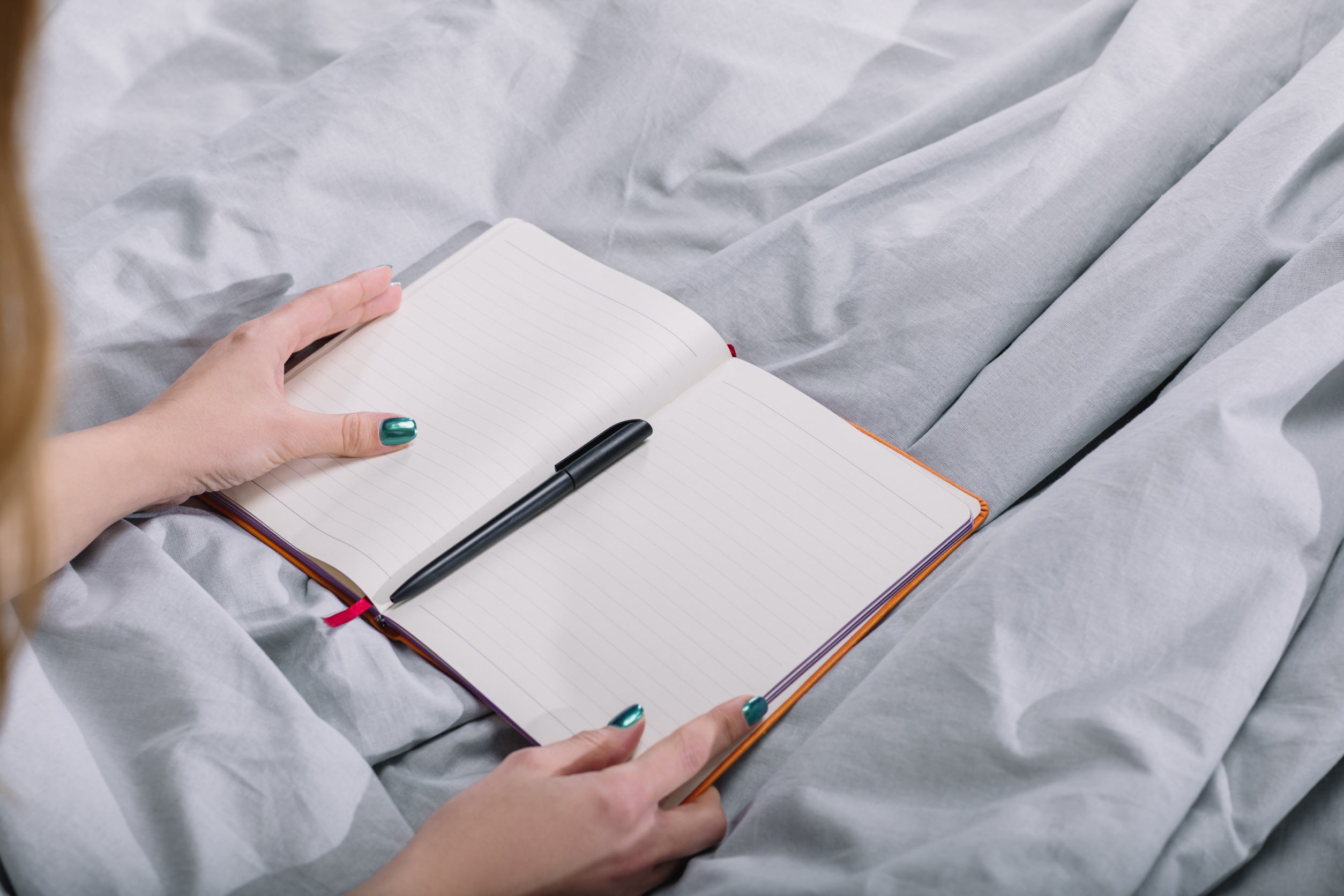BY THE OPTIMIST DAILY EDITORIAL TEAM
Getting a good night’s sleep is critical to our overall health and well-being. However, with our hectic schedules and various distractions, getting enough restful sleep can be difficult at times. A sleep journal might be really helpful in this situation. Tracking your sleep habits and patterns can provide significant insights into what is affecting your sleep and how to improve it.
What is a sleep journal?
A sleep journal is a tool that allows you to record different elements of your sleep and the circumstances that influence it. You do not need a fancy book-bound journal; a simple digital or physical record would suffice. You can record information about your bedtime, wake time, sleep quality, and other factors that influence your sleep. Remember that it does not need to be fancy. It’s all about understanding what influences your sleep.
You can customize your sleep journal to meet your specific needs. Some folks prefer a narrative format in which they write phrases or paragraphs outlining their daily sleep patterns. Others may prefer a more structured style, such as checking boxes and filling in numbers on graphs or charts. Templates are available from organizations such as the National Heart, Lung, and Blood Institute (NHLBI), the National Sleep Foundation (NSF), and the American Academy of Sleep Medicine, with sections for recording daily data such as caffeine and alcohol use, exercise, naps, and tiredness.
How to use a sleep journal
Keeping a sleep journal entails monitoring many elements that can affect your sleep. Here are a few elements to include:
- Total sleep hours during 24 hours
- Sleepiness level throughout the day
- Medications used daily
- The number of drinks containing caffeine and alcohol, as well as the time you consumed them
- Bedtime and waketime
- Exercise type and duration
- Sleep quality level
- Naps and their duration
- The time it takes to fall asleep
- Nightly awakenings
You might also want to note other factors that could affect your sleep, such as stress levels or caregiving responsibilities.
To receive the most accurate results, fill out your sleep journal before going to bed and again in the morning when you get up. A small 2024 study discovered that respondents had trouble recalling sleep details accurately if they did not enter their entries promptly.
When to use a sleep journal
You don’t have to wait until you have serious sleep difficulties to start keeping a sleep journal. It can be a useful tool for anyone looking to improve their sleep quality. To get meaningful results, attempt to keep the journal for at least a week. This duration allows you to identify patterns and factors that may be affecting your rest.
The NHLBI provides a sleep journal template with detailed instructions for completing it at night and in the morning. This systematic technique might help you capture all the necessary information.
When to seek professional help
If sleep difficulties are interfering with your everyday activities, you should visit a healthcare expert. The National Sleep Foundation defines chronic insomnia as having problems sleeping at least three evenings per week for at least three months. However, you do not have to wait until your problem is this serious to seek help. Bringing your completed sleep journal to your doctor can provide significant insights and lead to a more accurate diagnosis.
Benefits of tracking your sleep
Keeping a sleep journal offers a variety of advantages. It helps you:
- Identify patterns: Find links between your habits and your sleep quality that you may not have recognized before.
- Improve your sleep: Using the information from your notebook, you can make educated modifications to your routine to improve your sleep.
- Schedule medical consultations: A detailed sleep journal can offer your doctor critical information for better understanding and treating your sleep disorders.
Everyone has different elements that contribute to their sleep problems. Keeping a sleep journal for a week or two, or even longer, can help you figure out what’s keeping you awake. By recognizing the roots of your sleep issues, you can find effective treatments and get more peaceful sleep.











